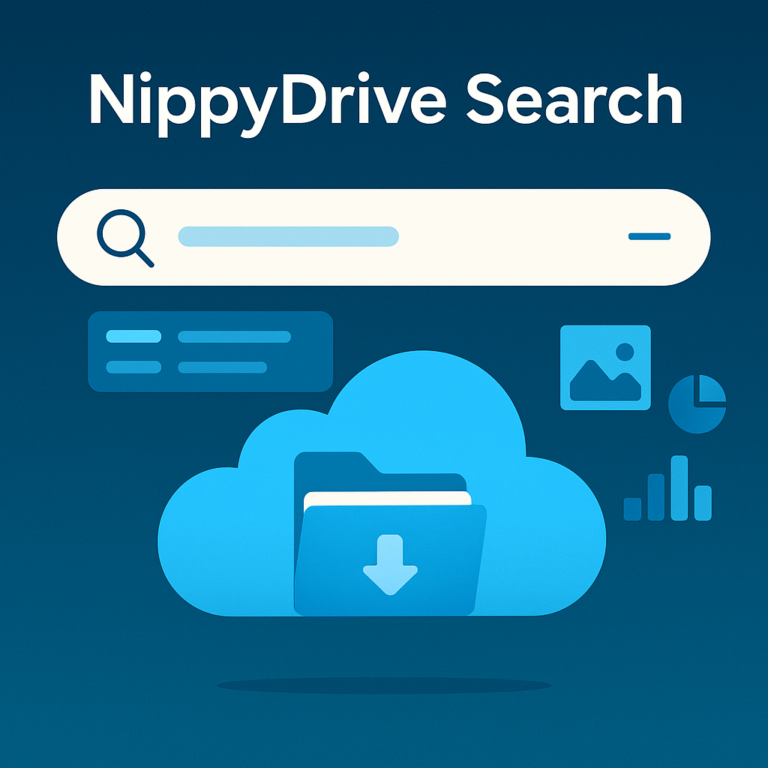How Offshore Software Development Supports the E-Commerce Industry
E-commerce has reshaped the way people shop and businesses sell. Fast growth, rising competition, and evolving customer demands have pushed companies to innovate continuously. Offshore development has become a smart solution for this. By leveraging global tech talent, e-commerce brands reduce costs, scale quickly, and improve customer experience. Whether it’s building a website, optimizing backend systems, or launching a mobile app, offshore teams play a vital role. In this blog, we explore how offshore software development supports and empowers the e-commerce industry.
Speed Up Development Cycles
Time-to-market is critical in e-commerce. Offshore teams allow brands to build faster by offering round-the-clock development. A project handed off at the end of the local team’s day continues overseas. This follow-the-sun model reduces delays. Furthermore, experienced offshore teams often have ready-made libraries and frameworks to speed up work. Fast iteration enables companies to launch new features quickly, respond to trends, and stay ahead of competition.
Reduce Operational Costs Effectively
Hiring in-house developers can be costly. Salaries, infrastructure, and overheads add up quickly. Offshore software outsourcing reduces these expenses significantly. E-commerce businesses can tap into skilled developers from regions with lower costs. Additionally, offshore providers handle recruitment, training, and resource management. This saves both time and money. The result? Higher margins, better use of capital, and more budget for marketing and innovation.
Access Diverse Technical Expertise
E-commerce platforms require multiple technologies—payment gateways, product databases, analytics, and more. Offshore teams bring a wide range of technical skills. You get frontend experts, backend developers, mobile engineers, and QA testers under one roof. Moreover, many offshore firms specialize in specific domains like Shopify, Magento, or headless commerce. This diversity helps e-commerce companies find the right talent quickly and match their needs perfectly.
Enable 24/7 Platform Maintenance
Online stores never sleep. Downtime means lost sales and poor customer experience. Offshore teams provide continuous support and monitoring. With time zone advantages, businesses can offer 24/7 uptime without exhausting their in-house staff. Furthermore, offshore partners can handle tasks like bug fixes, security patches, and server maintenance. This ensures platforms run smoothly, even during traffic spikes or unexpected issues.
Support Mobile Commerce Evolution
Mobile shopping continues to grow rapidly. Offshore developers help e-commerce businesses build mobile-friendly platforms and apps. They implement responsive design, optimize loading speed, and improve navigation. Additionally, offshore teams can develop native and cross-platform apps for iOS and Android. As mobile users demand seamless experiences, offshore support becomes crucial for staying relevant and increasing conversions.
Strengthen Personalization and Analytics
Personalized shopping boosts sales. Offshore teams help integrate data analytics tools, customer segmentation, and AI-based product recommendations. By leveraging customer behavior insights, e-commerce companies offer tailored experiences. Furthermore, offshore developers build dashboards and reporting systems that give real-time visibility into sales trends, customer activity, and inventory. This leads to smarter decisions and better outcomes.
Simplify Integration with Third-Party Services
E-commerce platforms rely on tools like CRMs, ERPs, chatbots, and shipping APIs. Offshore developers simplify these integrations. They build custom connectors or use existing APIs to link systems efficiently. This reduces manual work and improves operations. Additionally, offshore teams help test and optimize integrations to ensure they work flawlessly. A well-integrated ecosystem enhances customer satisfaction and operational efficiency.
Accelerate Innovation and Feature Rollouts
To stay competitive, e-commerce businesses must innovate constantly. Offshore software development enables rapid prototyping, MVP creation, and feature expansion. Teams test ideas quickly and roll out updates with minimal disruption. Moreover, offshore partners offer flexibility to scale teams up or down. This adaptability empowers businesses to respond to feedback, explore new markets, and test features with confidence.
Provide Secure and Scalable Solutions
Security is a top concern for online stores. Offshore developers follow best practices for data protection, encryption, and compliance. They build platforms that scale with user growth and seasonal demand. Additionally, offshore software development company partners offer cloud migration and infrastructure optimization. This ensures fast performance, low downtime, and high reliability. E-commerce brands gain peace of mind and focus on growth.
Enable Global Expansion Opportunities
E-commerce is inherently global. Offshore development partners bring insights into international markets. They localize platforms, translate content, and support multiple currencies and payment options. Furthermore, offshore software outsourcing allows companies to test new regions without major investment. With technical support in place, global expansion becomes easier, faster, and more sustainable.
Conclusion
Offshore software development has become a backbone for modern e-commerce growth. From cost savings and faster rollouts to technical diversity and global reach, offshore teams deliver immense value. By choosing the right partner, e-commerce businesses enhance performance, innovate continuously, and serve customers better. Whether you’re a startup or a retail giant, the benefits of offshore collaboration are clear. In a digital-first world, offshore development is not just a strategy—it’s a competitive advantage.






